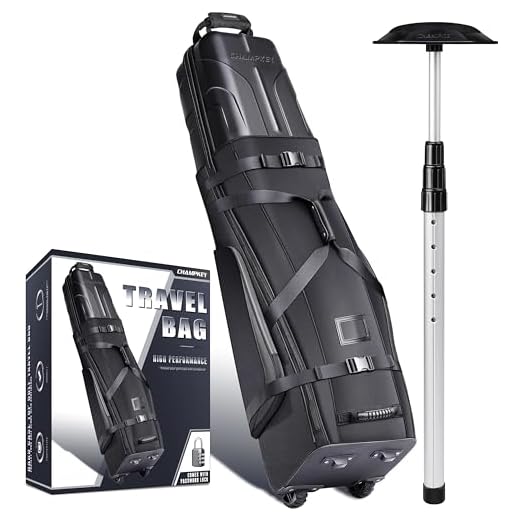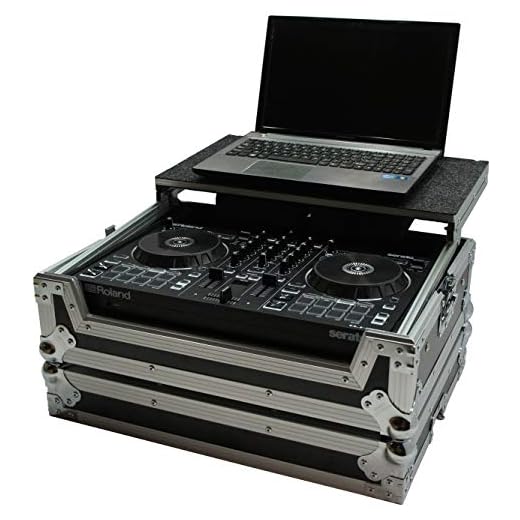







Perishable items like food should generally be avoided to prevent spoilage and unpleasant odors. Instead, opt for non-perishable snacks that won’t create a mess during travel.
Liquids can be stored in significant quantities, but ensure they are securely sealed to prevent leaks. Bottles exceeding 100 ml may cause issues at certain checkpoints.
Aerosol cans and other pressurized containers must follow regulations; ensure they comply with specific airline policies. Always check for flammability warnings and restrictions on prohibited substances.
Electronics such as laptops or tablets should not be placed within the hold, due to potential damage. It’s advisable to carry valuable items in a carry-on bag to maintain accessibility and security.
Sharp objects, including knives or scissors, must be secured to avoid damage; consult with airline guidelines for permissible sizes and types. Wrapping or securing items properly can prevent accidents during handling.
Large sporting equipment may incur additional fees, so understand the airline’s policies regarding size and weight limitations. It’s wise to check ahead for specific requirements to avoid surprises at the airport.
Understanding airline regulations for checked baggage
Always verify specific airline policies regarding size and weight restrictions before heading to the airport. Airlines typically impose a weight limit of 50 pounds (23 kg) for checked items, with excess fees for heavier bags.
Prohibited items include explosives, flammable materials, and toxic substances. Sporting goods like baseball bats and ski poles are generally not permitted, while personal items such as clothing and toiletries can be securely stored within. Check global regulations for unique requirements, especially when traveling internationally.
Fragile items should be wrapped in protective material, and it’s recommended to use hard-shell cases for added security. Locking mechanisms can prevent unauthorized access, but consider TSA-approved locks that do not impede security screenings.
Inquire about additional fees for oversized items or specialty equipment such as musical instruments or sporting gear, as charges may vary by airline. Early communication with airline representatives can clarify any ambiguities related to unusual items.
Keep an eye on updates regarding changes in regulations, especially in response to security protocols. Following these guidelines ensures a smoother and more predictable experience at check-in and during retrieval at your destination.
Permissible items: liquids, electronics, and medications
Liquids in checked baggage should not exceed certain volume thresholds. Ensure that any liquid containers do not surpass 3.4 ounces (100 ml) for air travel. For larger quantities, pack them securely in the main compartment, ensuring they are tightly sealed to prevent leaks. Remember to check with individual airlines for specific guidelines.
Electronics, such as laptops and tablets, must be transported with care. While most airlines permit these items in checked bags, it is advisable to keep them in carry-on luggage due to potential damage or theft. Consider using a best messenger bag diaper bag for optimal protection and easy access.
Medications are generally accepted but come with stipulations. Always carry prescriptions and necessary documents in a clearly labeled container. Keep a sufficient quantity for the duration of your trip and inquire about specific regulations that may apply to your destination. This precaution ensures access to necessary treatments without interruptions.
Utilizing reliable travel gear enhances organization. Consider checking which brands are endorsed for durability and functionality by visiting a guide on the best luggage brands in usa. Proper preparation fosters a smoother travel experience and helps avoid common pitfalls associated with checked baggage.
Restricted items: weapons, explosives, and hazardous materials
Absolute prohibition exists for arms, munitions, and explosives in baggage transferred during air travel. Specific categories to consider include:
- Firearms: Handguns, rifles, and shotguns must not be included. Permit holders can transport them only under strict regulations.
- Explosives: Items such as fireworks, flares, and dynamite are strictly forbidden.
- Knives and blades: Any type of knife, sword, or sharp object exceeding a certain length is not permitted.
Hazardous items must also be avoided in all forms:
- Flammable substances: Gasoline, lighter fluid, and other combustible materials cannot be carried.
- Corrosive materials: Acids, drain cleaners, and similar substances fall into the prohibited category.
- Toxic items: Poisonous items or those containing toxins are not allowable.
Always consult your airline to verify any specific regulations as details may vary depending on the carrier and destination.
Special Considerations for Sporting Equipment
While certain sporting items may resemble weapons, their transport may be allowed provided they are properly stored:
- Golf clubs can be transported in secure cases, but must not exceed size limits stated by airlines.
- Archery items, such as bows, must be packaged securely to prevent accidental use.
Check guidelines before departure to ensure compliance and avoid delays.
How to Securely Store Fragile Items
Wrap each delicate object with bubble wrap or foam padding. This cushioning absorbs shocks during transit, significantly reducing the risk of breakage.
When placing items into a durable box, ensure they are snugly fitted. Fill any gaps with packing peanuts or crumpled paper to prevent movement.
Labeling and Orientation
Clearly label boxes containing fragile contents. Use bold markers to indicate “Fragile” on all sides. Maintain the upright position of these packages by adding directional arrows.
Custom Solutions
For oddly shaped or highly valuable pieces, consider custom-built crates. These provide the utmost protection and can be tailored to the specific dimensions of your items. Additionally, for cleaning tips on fabric care, check out how to clean cat pee out of a rug.
Special considerations for sports equipment and musical instruments
Transporting sports gear and musical instruments requires attention to specific airline policies. Each carrier may have distinct rules regarding dimensions and weight limits.
Sports Equipment
Most airlines categorize sports gear as oversized baggage, which may incur additional fees. Common restrictions include:
| Item | Size Restrictions | Fee Range |
|---|---|---|
| Skis/Snowboards | Typically limited to 75-80 inches | $50 – $150 |
| Golf Clubs | Generally up to 60 inches | $25 – $75 |
| Bicycles | Must be disassembled and packed in a special case | $75 – $200 |
Wrap items securely using padding materials to prevent damage. Always check with the airline for precise limits.
Musical Instruments
Instruments are often allowed as carry-on items, but larger pieces may need to go in the hold. Key points include:
| Instrument Type | Carrying Method | Potential Fee |
|---|---|---|
| Guitars | Normally requires a hard case; can be carried on | Varies |
| Violins | Can be taken on board; check for space availability | None |
| Pianos | Not allowed as luggage; shipping options available | High shipping fees |
Utilize protective cases and inform the airline about any special handling needs. Advanced notification can help avoid complications at the airport.
Traveling internationally: customs and prohibited items
Customs regulations differ significantly across countries. Familiarize yourself with specific rules at your destination to avoid issues upon arrival.
Commonly prohibited items include:
- Drugs: Controlled substances are strictly forbidden. Always check local laws about medication.
- Weapons: Firearms, knives, and other weapons are usually prohibited.
- Explosives: Fireworks and similar materials are not permitted.
- Endangered species products: Items made from protected animals, including certain types of ivory or fur, are illegal.
- Counterfeit goods: Fakes or replicas of branded items may lead to confiscation.
Before traveling, it’s wise to prepare a list of items you plan to bring. Check with the customs authority of the country you’re entering for specific restrictions. Most regulations are available online.
Declare any items that may require customs duties or may raise questions during inspection. Failure to do so can result in fines or confiscation.
Lastly, be aware of limits on quantities for certain goods, such as tobacco and alcohol, which often have specific restrictions on imports. Meeting these guidelines will ease your passage through customs.








